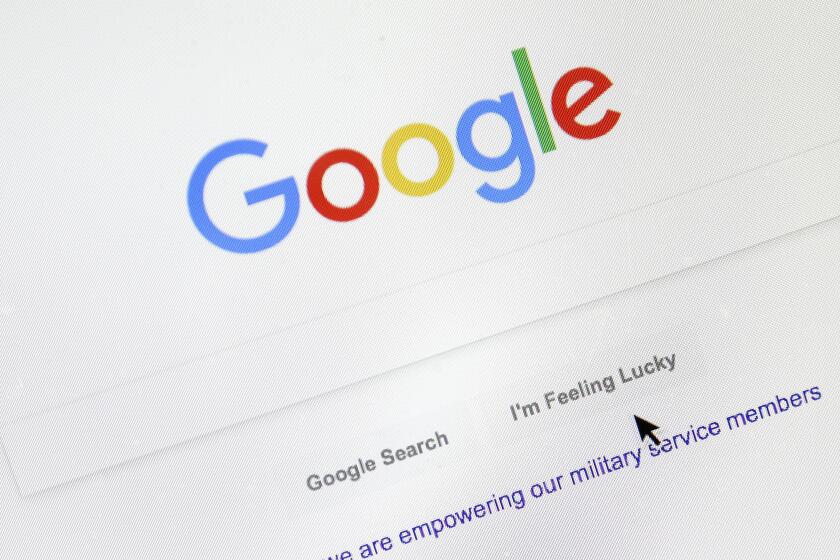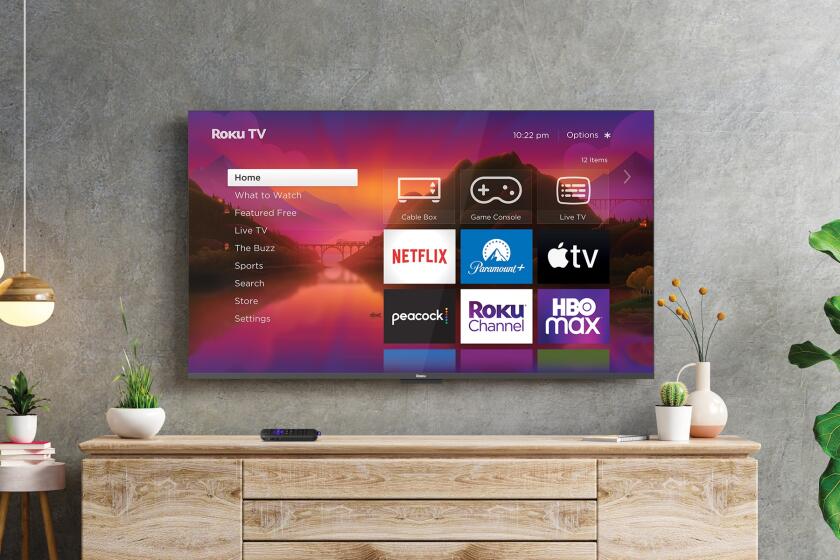Can Yahoo save Microsoft?
It’s got to be strange to be Bill Gates right now. If anyone should be able to look back on a career with satisfaction, he should. The co-founder of Microsoft is retiring later this month to devote his energies to the Bill & Melinda Gates Foundation. He leaves behind not just one of the world’s most profitable and influential corporations but two entire industries. Before Gates started Microsoft 30 years ago, computers were things delivered by forklift, and software was free. Today, PCs are as ubiquitous as cellphones, and software is a quarter-trillion-dollar business.
What set Gates apart wasn’t just his technical brilliance but his business vision. He saw that if he used his Windows operating system to unify the look and feel of every PC, three things would happen: Consumers would buy more PCs because they were easier to use, developers would respond by writing more programs and games to make the experience more fun and useful, and chip makers such as Intel would invest in faster chips to allow this cycle to repeat.
Economists have long understood the usefulness and power of having one platform in certain industries. But it rarely happened without government intervention because it was prohibitively expensive. Gates understood that software was different. Once the R&D was done, it cost next to nothing to produce and distribute. And by the 1990s, the world was coming to grips with a powerful new concept: the network effect of software. It spawned the Microsoft monopoly and mowed down virtually any company that got in its way.
But now, Gates finds himself facing a network effect more powerful than his own -- Google. Google is changing the way people buy, use and pay for software in ways as revolutionary as Gates did a generation ago -- and Microsoft has been caught flat-footed.
Most people think of Google as just a great search engine. But, like a swarm of termites, it is also eating away at the foundation of Gates’ software empire. Like Microsoft, Google is a software company. Its products are not software in the Gatesian sense -- that is, they’re not programs that you buy in a store and install on your PC. Instead, Google engineers write the programs, install them on the company’s servers and let users interact with them over the Internet through their browser. The programs allow you to do the same things as Microsoft’s: Send an e-mail, build an address book, create Word documents and Excel spreadsheets, produce PowerPoint presentations and on and on. The scary part for Microsoft is that Google lets people use its software for free and pays for it all with advertising.
The true mark of Microsoft’s Google fear is its effort to acquire Yahoo. Yahoo is bloodied from years of competing unsuccessfully with Google. Microsoft, which has never bought a company for more than a few billion dollars, offered about $40 billion in cash and stock for Yahoo in February. But Yahoo wanted a lot more, and Microsoft, only willing to raise its bid a little, eventually walked away. Now the two companies are reportedly talking again about a merger.
What Microsoft hopes is that by combining its struggling online advertising business with Yahoo’s, it can quickly create a true Google competitor, something neither company has been able to do on its own. Google’s online advertising network has been hard to attack because the performance of Google ads is measurable. This isn’t about who has the better sales pitch or discount. Advertisers can look at how much they spent on Google and easily correlate it with online and, increasingly, offline sales. And the more products Google creates, the more traffic Google gets. The more traffic Google gets, the more people see the ads. The more people see the ads, the better the performance. No matter what Microsoft and Yahoo have done, the performance of their ads hasn’t measured up.
Microsoft’s strategy is rational -- but desperate, though it’s still making oodles of money selling software. Yes, Microsoft needs to do something to keep Google from eventually eroding its business. Yes, there is a lot of money at stake in online advertising. It’s a $20-billion-plus business today and will easily cross $50 billion in five years. But combining two large companies is a monumental and risky task. Those who study big mergers say that only about half turn out to be good for shareholders. This makes intuitive sense. It’s hard enough to run a big company like Microsoft or Yahoo in the best of times. Now add merger-integration work on top of that -- deciding who will report to whom, unifying customer information stored on disparate machines that can’t talk to each other, deciding which search engine and ad technology will be used. It’s an endless list that typically takes at least a year. With Google’s dominance in online advertising arguably accelerating, it’s reasonable to ask whether anything Microsoft and Yahoo come up with will be too little, too late.
Will any company be able to stop Google? I doubt it, not for a while anyway. People are just beginning to realize that Google has redefined the media business by adding an entirely new format -- software.
Huh? Isn’t Google a tech company?
Nope. Google makes money just like an old-fashioned media company does: It uses content to attract viewers, which in turn attracts advertising. It’s just that Google’s content is the software it builds, offers for free on its various websites and spends no money to market.
Software as content is a new concept for anyone used to thinking of software as something you buy on a disc and install on your PC, and content as things like movies, music, television shows, news and so on that you read, listen to, watch or play. But what’s Google’s search box, after all? What’s Gmail? What’s Google Reader? What’s YouTube?
They’re all software running on servers somewhere, and they are all content. They attract a loyal audience because they are entertaining or informative, and that attracts advertisers. The more people who come, the more advertising they see, and the more money Google and its advertisers make.
It arguably makes Google the most efficient producer of content on the planet: How much do you think it cost to develop Google documents and spreadsheets, for example? As much as the movie “Iron Man”? As much as Microsoft’s Office Suite? I doubt it. Why? No marketing costs, for one.
Maybe that also explains why Gates is getting out of the way now. He’s already lost his ranking as the world’s richest man. Maybe he’s concluded that taking on malaria in the developing world is actually easier than taking on Google at home.
Fred Vogelstein is a contributing editor at Wired magazine.



